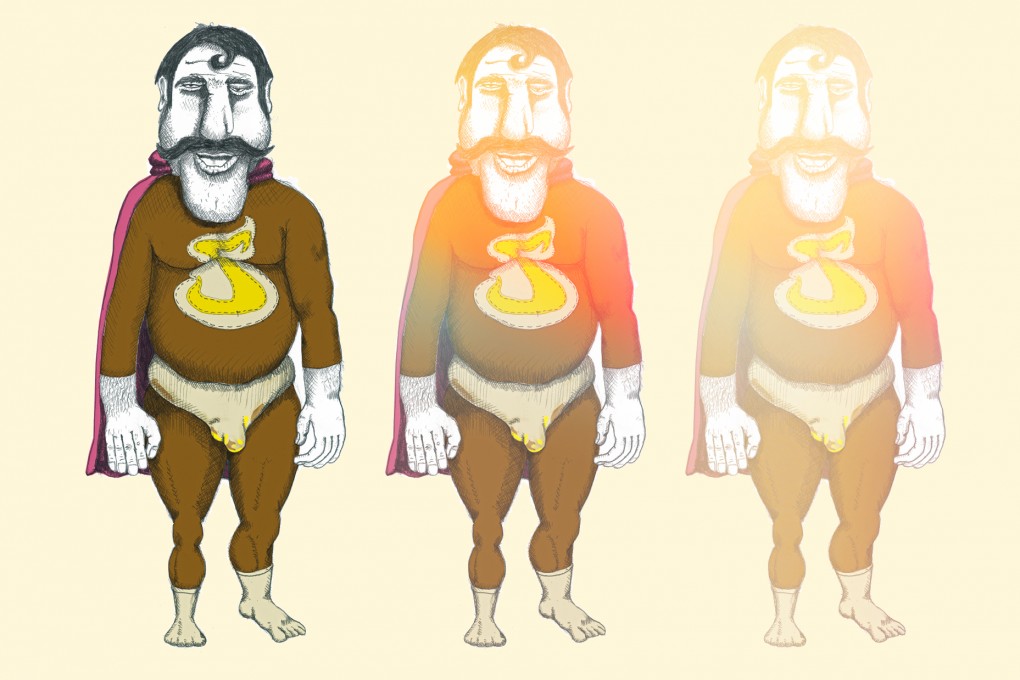
The Illusionary Lightness of Being Really Not So Really Awesome…
Yes, he is back. After a short period ‘out in the wilderness’ Seb Kemp returns to the pages of Dirt magazine. Enjoy…
From Dirt 124 – June 2012
Words by Seb Kemp. Illustration by Jon Gregory.
Five years ago, when I first started the Whistler Diaries column, MySpace was lord, Facebook was barely a glint in Zuckerberg’s eye, and the word webisodes, for all we knew, could have been taken to mean a nasty virus you got when bitten by a spider.
Now we live in a crazy world where we communicate almost wholly through a network of various digital intermediaries, a barrage of clipped messages are what marketeers tell us is the face of modern salesmanship, and the internet beams more illusionary kilometres of video tape to us each day than we can possibly keep up with.
We have more entertainment than we know what to do with. But this tidal wave of on–line amusement has also created a backwash of sediment, or at least a sedentary urge. We sit at home, on the bus, at work or on the toilet, glued to our laptops, phones and tablets, enchanted by the glowing pixels dancing and jumping around. Yet still we are left anesthetized.
Fridge freezers with tracks do front flips, monster trucks do double backflips, and men parachute from space. Humans have sprouted wings and now fly through cracks in the earth, speed climbers shimmy up cliffs with no rope, and movie moguls trawl the depths of the ocean (probably for ideas even more atrocious than rehashing Titanic into three–dimensions of headache inducing garbage).
Prepubescent skateboarders do three rotations on the mega ramp, Ginger snow ninjas sit on the cover of America’s publishing icons after perfect scores, and the more Travis Pastrana crashes and hobbles off from the burning, splintered wreckage of any sort of motor vehicle the more the American audience love him.
X–Games, MonsterBull, high street endorsements, marketed images of the lifestyles of the sick and gnarly. It is big bucks and it is the marketeer’s big catch.
On a daily basis we see such ridiculous acts of bravery, bravado, audacity and stunting that perhaps it leaves us stunned and desensitized to the true wildness of it all.
These demented and determined athletes–cum–human–cannonballs have to outperform themselves, risking life and limb in the process. We are told they are innovators and visionaries, but how much of their incessant drive for extreme immortalization is being accelerated by the immediacy of their acts?
If their feats are able to be beamed around the world to an audience of millions almost within minutes of them actually happening, but forgotten the very next minute when the next viral internet video supersedes it, then what are they worth? If their own remarkable activity is just one squeal in the white noise of extreme YouTube visuals that drowns out and blurs all these extreme acts into a vague memory or montage of madness, then what effect does this have on our psyche?
Jean Baudrillard is a modern postie from France who once asserted that the Iraq War (the original one) never really happened. People thought he was mad but if you listened in close he had a point. What he meant was that although actual bombs were dropped, soldiers were deployed and people really did die, to those of us at home, and the soldiers who drove the drones or steered the scuds down Baghdad High Street it was perhaps not so real.
For us at home we were able to watch live footage of the war from our cosy homes on our Hitachi 16” TV sets. For the first time we could watch in real time the real acts of war. Or at least we could see the edited images that our leaders allowed our generals to allow the media to screen. It was propaganda but more real than real. We saw the nose cone mounted camera footage of missiles pulverizing buildings, we saw the tracer of gun fire at night, and we saw Saddam’s troops circle the city and get cut down in front of our own eyes. For the army personnel who remotely drove the machines of death, things were arguably more like a video game than real life combat. There was no smell of spent shells, no noise of gun shots and no blood on their hands.
Nowadays, we take this for granted. Every battle, war, or squabble is a TV extravaganza. Because we have images of war, death, famine, and evil streamed into our homes does it make us more likely to become active in rallying against the wrong we know exists in this world or does it mean we shrug it off because our senses are dulled to it?
Action sports are like video games. What is possible is no longer up for debate. If it can be imagined then it can be done. And if it can’t be done then keeping tuned because someone else will do it some time further down the line. But at what point do we have to pinch ourselves and truly accept manifest marvels for what they really are? At what point will we shrug, grumble an unconcerned “meh”, and click the next link?
The question is we should ask is does the proliferation of footage inspire or paralyze us? And what about the stunt gods who are left paralyzed when the video games become all too real?





